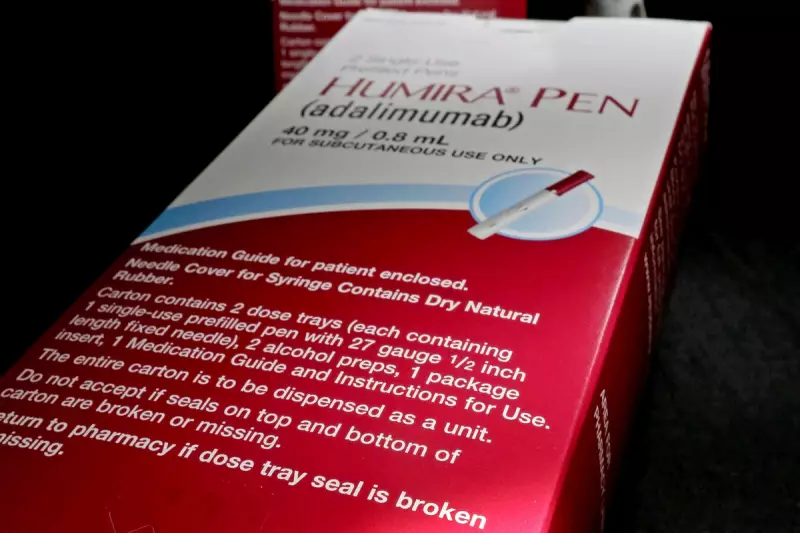
The United States is poised to overturn a controversial medical restriction that has prevented countless British citizens from donating blood for decades. The Food and Drug Administration (FDA) has announced groundbreaking proposals to relax longstanding bans affecting UK residents and travellers.
A Policy Rooted in Crisis
For over three decades, American blood donation centres have automatically deferred anyone who spent significant time in the UK during the 1980s and 1990s. This sweeping prohibition was implemented during the height of the 'mad cow disease' crisis, scientifically known as variant Creutzfeldt-Jakob disease (vCJD).
The fatal brain condition was linked to contaminated beef products, creating global health concerns about potential transmission through blood supplies. At its peak, the outbreak claimed 178 lives in Britain, prompting extreme caution from international health authorities.
Modern Science Drives Change
Medical experts and advocacy groups have long argued that the blanket ban represents outdated science. Advances in screening technology and a deeper understanding of disease transmission have rendered the policy unnecessary according to contemporary medical opinion.
The proposed changes would eliminate indefinite deferrals for those who resided in the UK for three months or more between 1980 and 1996. Similarly, restrictions affecting those who spent five years or more in France or Ireland during the same period would be lifted.
Addressing Critical Blood Shortages
This regulatory shift comes as America faces persistent blood supply challenges. The American Red Cross declared its first-ever national blood crisis in 2022, with supplies dwindling to critical levels.
Peter Marks, director of the FDA's Center for Biologics Evaluation and Research, emphasised that 'the implementation of these recommendations will represent a significant milestone for the agency and the blood collection industry.'
What the New Guidelines Propose
- Elimination of indefinite deferrals for time spent in the UK and Europe
- Implementation of individual risk assessments for all donors
- Alignment with other Western nations that have already lifted similar restrictions
- Maintenance of rigorous screening processes for all blood donations
The FDA's decision follows similar moves by countries including Canada and Australia, which have successfully revised their vCJD-related donation policies without compromising blood safety.
This policy evolution represents a significant step toward normalising international travel and residency considerations in medical contexts, while addressing urgent public health needs through evidence-based regulation.





